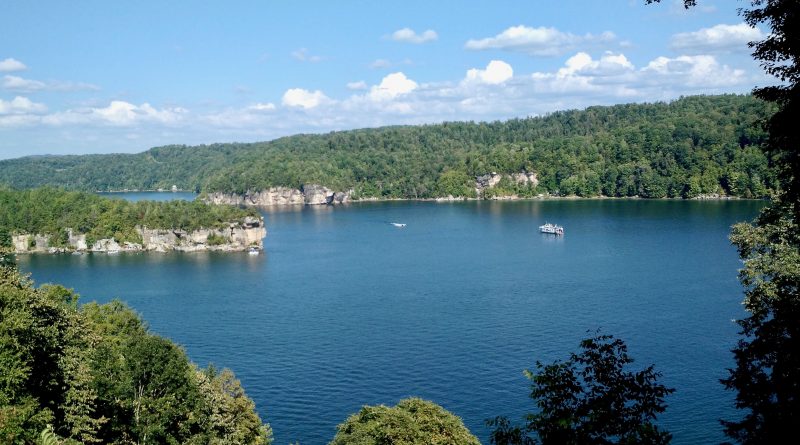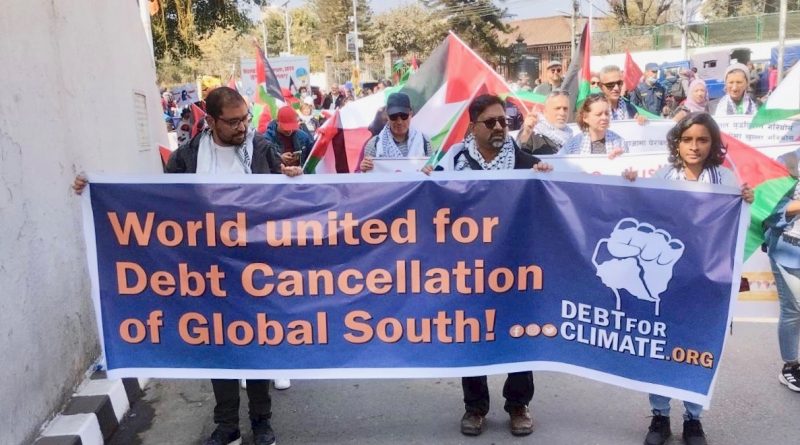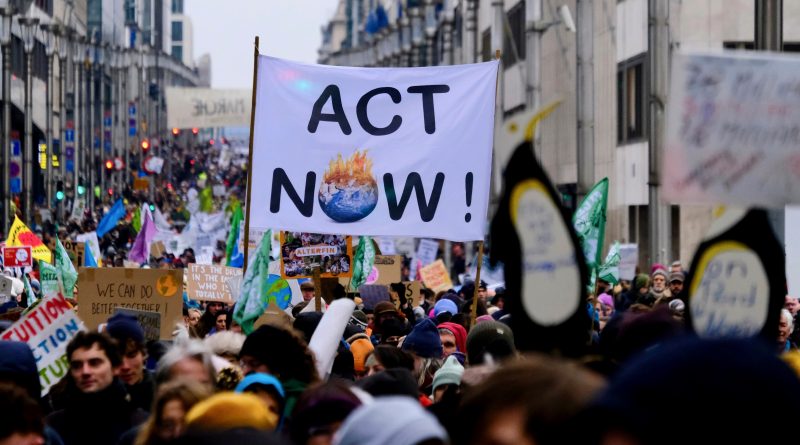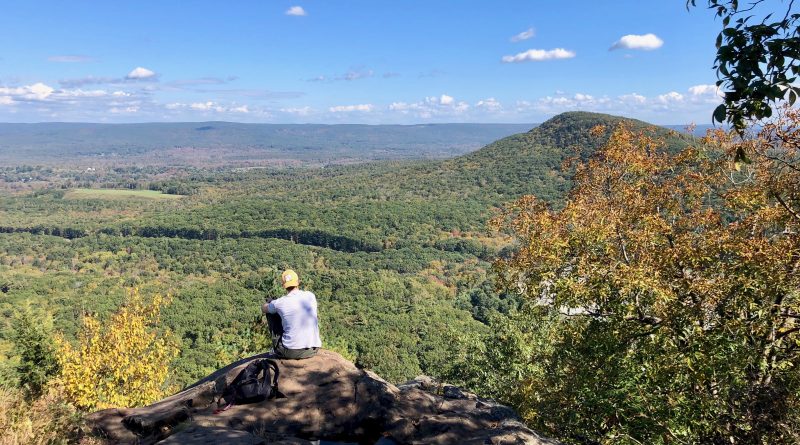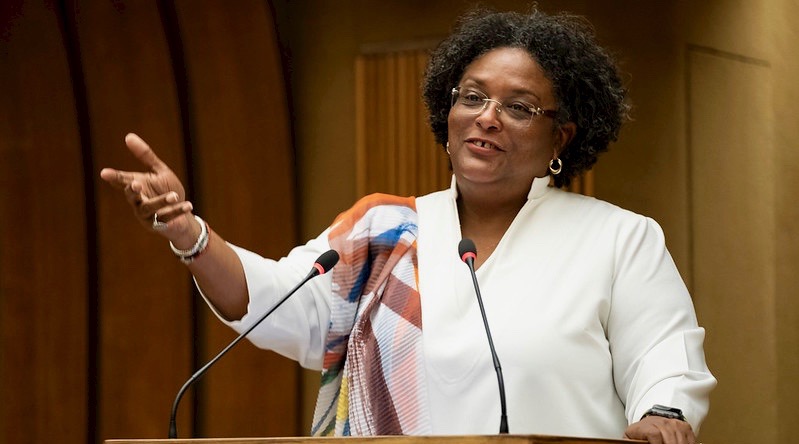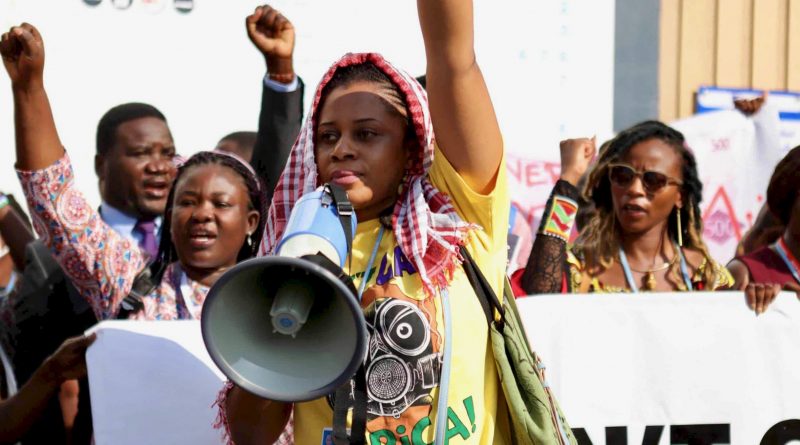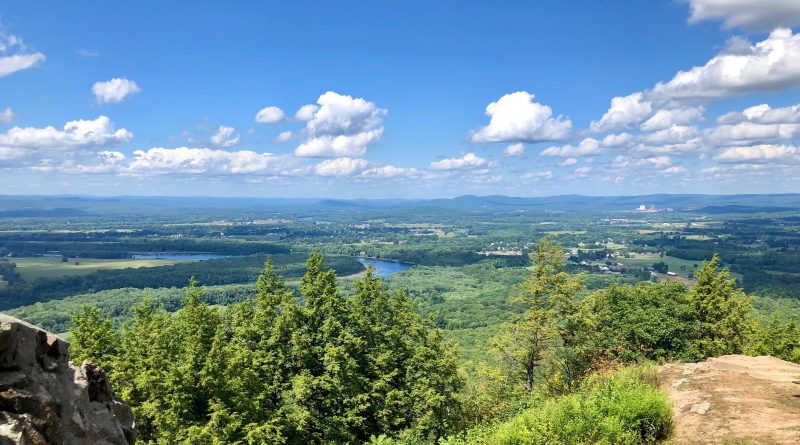Solving Humanity’s Shared Climate Crisis
A great many of us care about the climate crisis. Many of us have taken steps to reduce our carbon footprints. Many of us have advocated for good climate policy at the local, state, and national levels. We have voted for candidates who seemed most likely to promote effective climate action. Collectively we’ve made quite a difference. Public opinion polls now show almost three-quarters of U.S. adults want more government action on climate. U.S. emissions are slowly coming down, not fast enough, but coming down.
Emissions from the wealthiest nations have been the primary cause of the climate crisis. Ending these emissions is essential to solving the climate crisis. Other wealthy nations are also reducing their emissions, although also too slowly.
Now I want to invite you to take an even more global perspective. We know that climate change does not respect national borders. Greenhouse gas emissions anywhere, cause climate change everywhere. This means that if we care about the livability of the planet for humans, we need to care about what’s happening with emissions everywhere.
Read more
